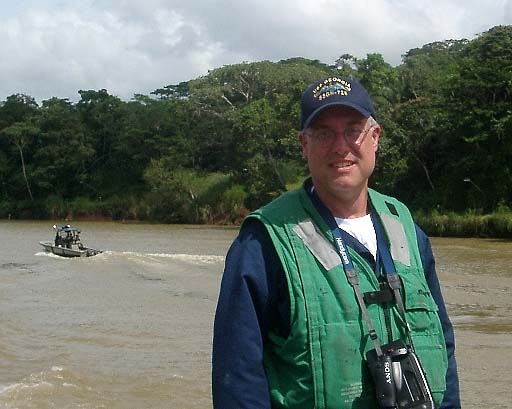What to Do About a Country That Has a Nuclear Threat and No Use for Rules
Although a work of fiction (and apparently put together in a "slapdash" fashion), it is supported by solid journalism (rare now days). I have written on this before, but here are a few facts quoted from the review;
The facts almost defy belief. Years of malnutrition have produced a stunted people. The average North Korean is nearly eight inches shorter than his South Korean counterpart and weighs half as much. Under Kim Jong Il, the son of North Korea's first Communist leader, Kim Il Sung, the country's political prisons and re-education camps have multiplied, and now they contain as many as 300,000 prisoners, some arrested for crimes as petty as singing a South Korean pop song. Mr. Becker estimates that a million or more may have died in these camps under the two Kims.Mr. Becker addresses the current situation and North Korean patterns of behavior.
In a country with a population of about 22 million, the security ministries employ 300,000 full-time officers who enforce discipline on a citizenry grouped, by loyalty, into three classes (core, wavering and hostile) and about 50 subclasses. Food rations, housing and other privileges are doled out according to class rank. What little wealth the economy produces goes straight to the leadership and the military. When famine struck in the late 1980's, ordinary North Koreans were urged to make noodles out of bark, seaweed and corncobs. Meanwhile, Kim Jong Il, "possibly the last fat man left in his country," enjoyed his 100 limousines and multiple palaces, staffed by 2,000 doctors, nurses, cooks, dancing troupes and other essential personnel.
In his later chapters, Mr. Becker goes over the recent history of diplomatic initiatives, and finds a common theme. Again and again, North Korea has encouraged overtures by hostile powers, either by implying that it might behave less aggressively and liberalize its economy, or by playing the military card, as it is doing now. After securing loans, food or industrial investment, it has pocketed its gains and reneged on its agreements.This is a country destined to fail. Sadly, that may not be a peaceful event.
Often, the North Koreans have redefined the word chutzpah, brazenly violating agreements and then demanding payment to desist. In August 1998, when American intelligence discovered that a large underground facility, capable of housing a nuclear reactor or reprocessing plant, was being built at Kumchangri, officials demanded an inspection, as called for under a 1994 agreement known as the Agreed Framework. The North Koreans agreed only after being promised 600,000 tons of food aid.
Mr. Becker has nothing but contempt for the so-called Sunshine Policy pursued by Kim Dae Jung of South Korea, which urged a nonaggressive, open-handed approach to North Korea, holding out the carrot of investment that would lead to the creation of export-oriented industries, which in turn would bring about deeper social and political change. One of the more bizarre results of this policy was the auto factory built in Nampo by the Rev. Sun Myung Moon's Unification Church. North Korea simply took delivery of the first 7,000 cars and never paid for them. The factory closed soon after.






No comments:
Post a Comment